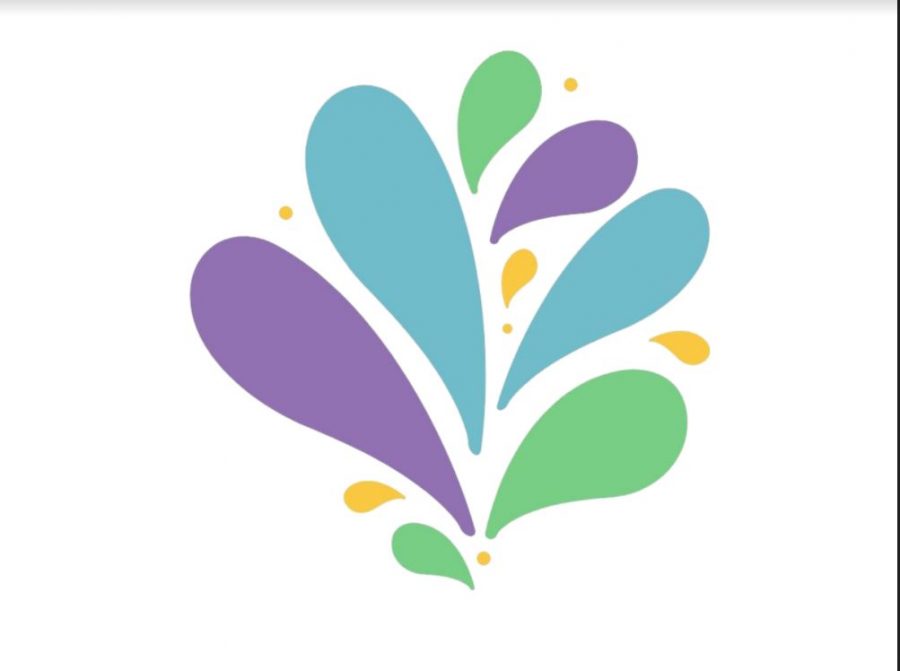Springtime blooms religious celebrations
Around the world, religions celebrate major holidays in the springtime. Some honor ancient stories while others honor the coming of a fertile season.
Last year, the festive aspect of these Holidays was missing due to COVID-19 restrictions. However, as vaccinations increase, spring holidays like Holi, Easter, Passover and Ramadan will return to a certain level of normalcy.
Holi
Holi, or the “festival of colors,” is a Hindu holiday that celebrates the end of winter and the arrival of spring. The ancient festival is traditionally celebrated by gathering in large groups and throwing colored powders on others.
Holi also has a strong religious element. Anika Deshpande (10) celebrates the religious aspect of Holi along with the festivities.
“As much as it is super fun to throw colors, it is also important that we pray and recognize the good spirit in God and thank him for our blessed lives,” Desphande said.
This year, however, Desphande will be celebrating Holi differently.
“My family will have a celebration of Holi dinner filled with my mom’s best Indian foods including chapati and sabji,” Desphande said.
Deshpande also mentioned how this year’s celebration won’t represent Holi any less than usual.
“I think this year’s celebration will be adequate for what Holi is all about, as long as we celebrate with family and show thankfulness for the goodness in our lives,” Deshpande said.
Easter
Every year in spring, families across the country gather to celebrate Easter. With egg hunts and Easter bunnies, this holiday is one that many children and parents alike look forward to.
Although Easter is characterized by many childrens’ activities, to Christians, Easter is about being thankful for God and showing gratitude.
This year, Luke Brann (12) plans to celebrate Easter with a smaller group.
“Many local churches are offering in-person services for those who are comfortable, so I think that this year’s celebrations will well represent what Easter is all about,” Brann said.
Brann normally celebrates Easter with cousins and grandparents; this year, however, Brann’s family will be making a big Easter dinner and celebrating among themselves.
Passover
The Jewish holiday, Passover, is a remembrance of the Israelites that left slavery in Egypt and crossed the Red Sea. During the holiday, the story of Moses’s leadership is recounted, and the ideas of exodus, liberation, and freedom are emphasized.
Kelly Fagel (12) has had to make changes in the way her family celebrates Passover.
“Normally, my family hosts a large Seder … last year and this year, we’ve had to adjust and do most of our Seder on Zoom,” Fagel said.
Seder is a meal eaten that specifically symbolizes the different parts of the Passover story.
Even though she will be celebrating Passover virtually this year, she still believes that the symbolism of this holiday can be expressed fully.
“Although this year is different from a normal year, I think there are so many ways to fully celebrate and honor Passover even with COVID-19 restrictions,” Fagel said.
Fagel believes there is a lot to look forward to with these restrictions.
“I’m looking forward to doing some online learning on my own about people today who are still seeking liberation, and, of course, I can still enjoy time with my family at home,” Fagel said.
Eid
In Islam, Eid is a day to celebrate the end of one month of fasting during Ramadan. During Eid, people are encouraged to distribute their wealth to the poor and give blessings to those around them.
Maha Rahman (12) has taken part in Eid celebrations at a mosque in years past.
“My family wears really nice clothes, and then we go to the mosque to give charity. After that, we celebrate with friends and family. The little kids usually get gifts and money, and special food is prepared,” Rahman said.
Although Rahman does not believe that this year’s celebration will be adequate because her family cannot go to mosques or visit friends, this year, Rahman will celebrate Eid by giving to charity and visiting only immediate family, with safety precautions.

